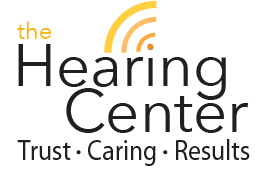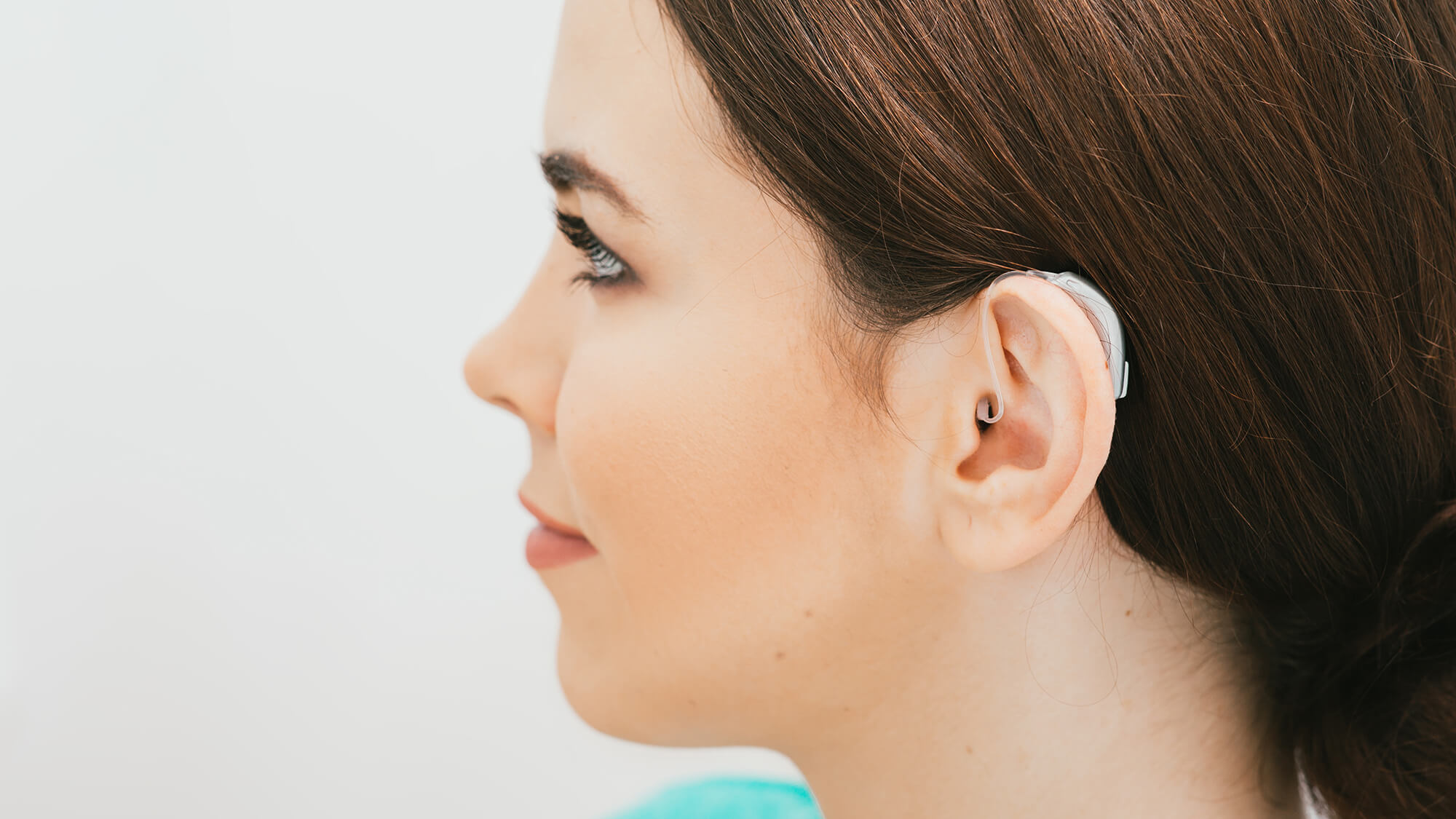Quick Read
We don’t yet know what the FDA standards for over the counter hearing aids will be, but you will probably still want to consult an audiologist to determine the severity of your hearing loss before buying one.
In August of 2017, the US government passed a law requiring the FDA to develop regulations for over the counter (OTC) hearing aids for people with mild to moderate hearing loss. The mandate required that the FDA create a standard for these devices within three years, and publish a final ruleset after 180 days of comment. So while we’re not yet sure of exactly when the new standard for these aids will come into being, that doesn’t mean it’s too early to talk about it.
The upside of OTC hearing aids is obvious: a set of standards for relatively inexpensive hearing aids should help consumers to make wise choices on their hearing care. Obviously, this will be of greatest benefit to those with lower incomes, who often can’t afford the devices and services they need. Extending hearing care to more people is a concept we can all get behind.
Nevertheless, uncertainty as to how the FDA regulations will be implemented has led to concerns in the audiological community. Will there be a set of strict regulations that determine build and performance standards, or will there be a set of guidelines that manufacturers can voluntarily choose to follow? Congress indicated that the FDA should develop rules for aids designed to treat “mild to moderate” hearing loss, but how do individuals assess their own hearing from home?
There are already hearing “amplifiers” available inexpensively online, but unfortunately most of them are low quality and may never function up to the buyer’s expectations, or may degrade quickly over time. Consumers have no standard to evaluate the quality, or even the amplification, of what they are purchasing, which does point to the need for regulation.
Unfortunately, without consulting an audiologist, it’s very hard to determine the level of hearing assistance needed. Hearing, unlike vision, cannot be easily tested with at-home equipment. Therefore, even if the goal is to eventually purchase an OTC hearing aid, most people will benefit from an initial visit with an audiologist to measure the degree of their hearing loss and ascertain what type of aid they need. And even once the hearing aids are purchased, they will need cleaning and maintenance over time. Many people will find that, in order to keep their aids functioning optimally, they will still need to make periodic visits to an audiologist to have them serviced.
Ultimately, we won’t know whether the FDA’s approach to OTC hearing aids will be hugely beneficial for the average person until the standards are released. But we can feel pretty certain that you’ll still want to keep your audiologist in your contacts list.

